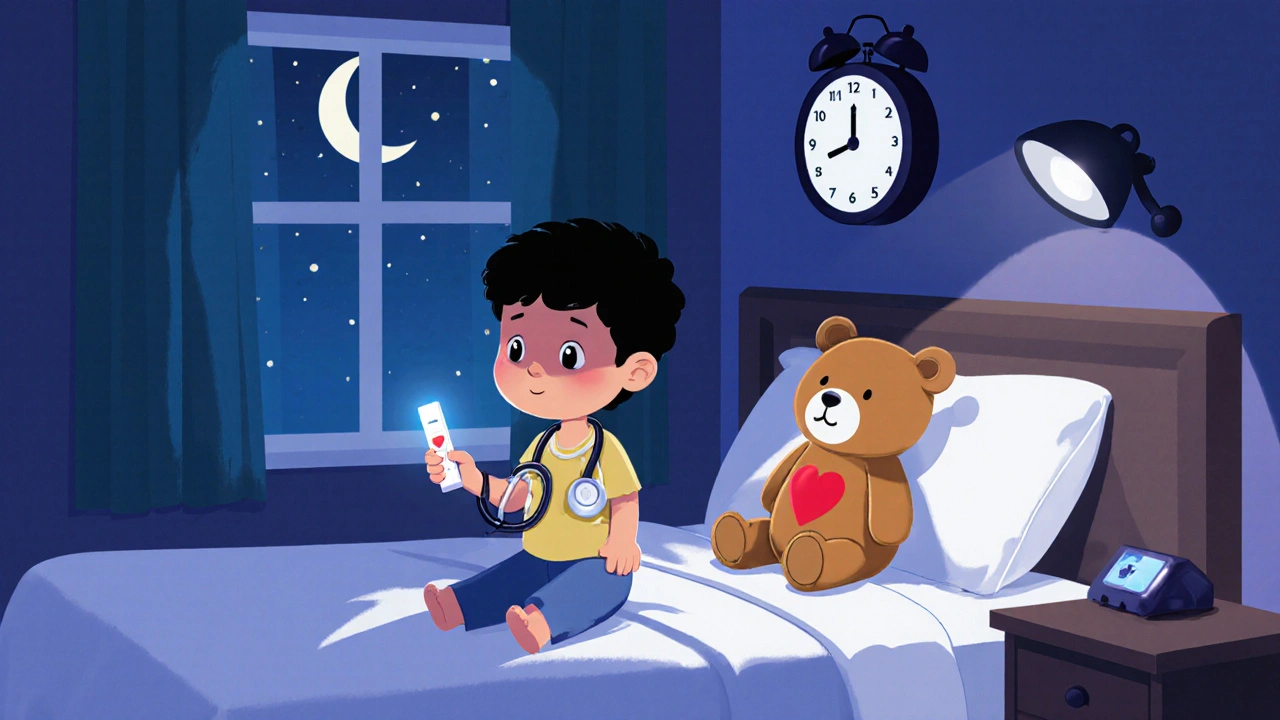Warfarin Support Groups: Connect, Learn, and Manage Your Blood Thinners
When you're on warfarin, a blood thinner used to prevent clots in people with atrial fibrillation, artificial heart valves, or deep vein thrombosis. Also known as coumadin, it saves lives—but it doesn’t make life easier. Finding the right dose is a balancing act, and side effects like bruising, bleeding, or weird food reactions can make you feel alone. That’s where warfarin support groups, online and in-person communities where people on anticoagulants share daily tips, fears, and wins come in.
These groups aren’t just about venting. People in them know what it means when your INR, a lab test that measures how long your blood takes to clot jumps from 2.1 to 4.5 overnight. They’ve been there when your doctor says, "Eat less kale," and you wonder if you’ll ever eat salad again. They swap stories about which blood thinner management, the daily routine of tracking meds, diet, and lab results to stay in range tricks actually work—like taking warfarin at 6 PM instead of 8 AM, or using a pill organizer with alarms. You won’t find this in a pamphlet. You find it in someone’s Reddit thread, Facebook group, or local hospital meetup.
What makes these groups powerful is the lack of jargon. No one talks about "pharmacokinetics"—they talk about how they got a nosebleed after taking ibuprofen, or how they learned to eat consistent amounts of vitamin K every day. One woman in a support group figured out her INR spiked every time she drank cranberry juice—her doctor had never mentioned it. Another guy learned to use a home INR monitor after his group showed him how to order one. These aren’t guesses. These are real experiences from people who’ve been on warfarin for years.
There’s also a quiet kind of relief in knowing you’re not the only one who wakes up scared after a fall, or who cancels plans because you’re too bruised to wear shorts. Warfarin doesn’t just affect your body—it affects your sleep, your confidence, your social life. Support groups help you reclaim control without needing a medical degree. You learn how to talk to your pharmacist about interactions, how to ask your doctor for a dose change without sounding paranoid, and when it’s okay to skip a dose if you’re vomiting.
And while the science of warfarin hasn’t changed much, the way people manage it has. More folks are using apps to log their INR results, linking them to their diet logs or medication reminders. Others have started YouTube channels to show how they prep meals that keep their vitamin K steady. These aren’t influencers—they’re regular people who got tired of feeling lost and decided to help others find their way.
Below, you’ll find real stories and guides from people who’ve walked this path. Whether you’re new to warfarin or have been on it for decades, you’ll find advice that actually works—not theory, not brochures, but the kind of stuff you hear when someone says, "You need to know this."




